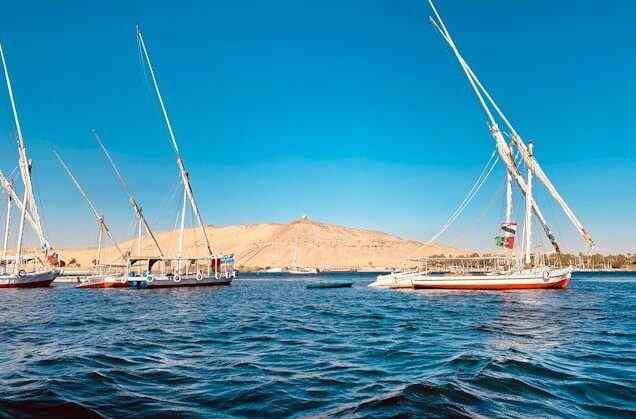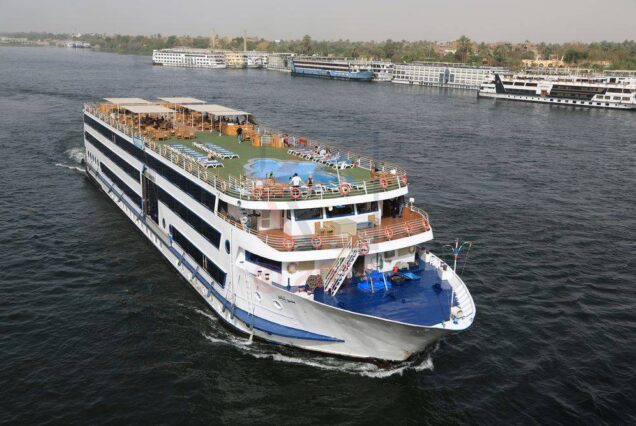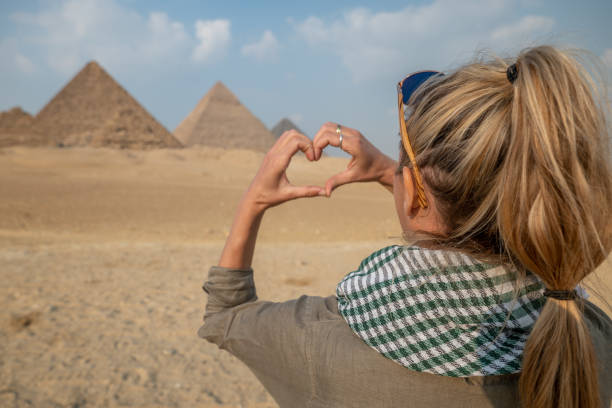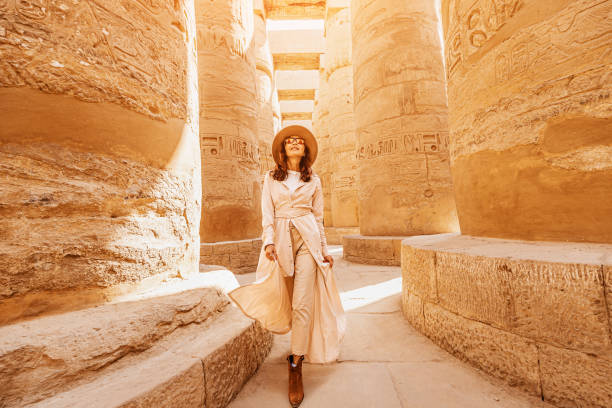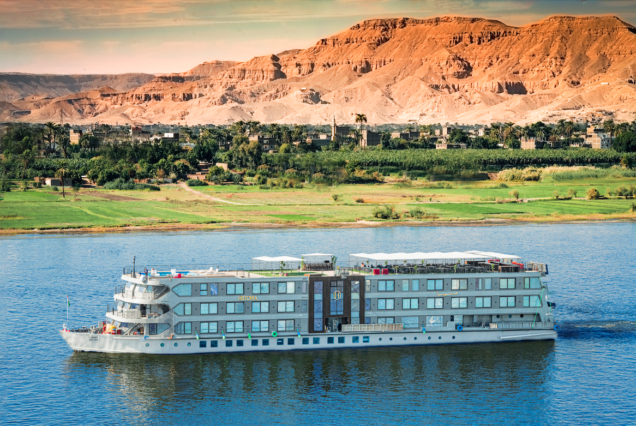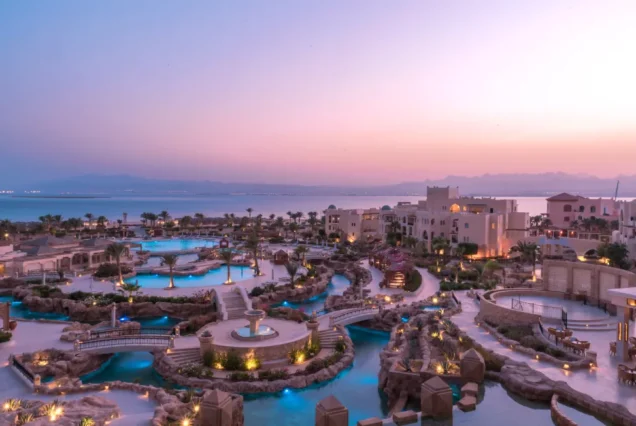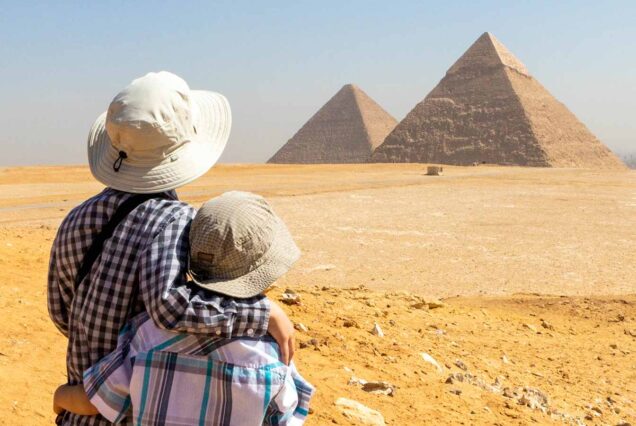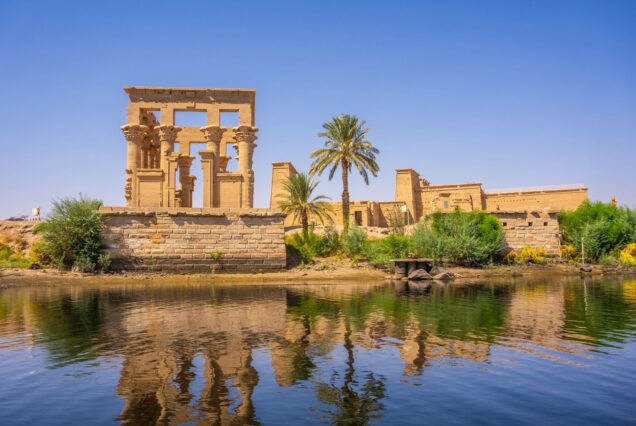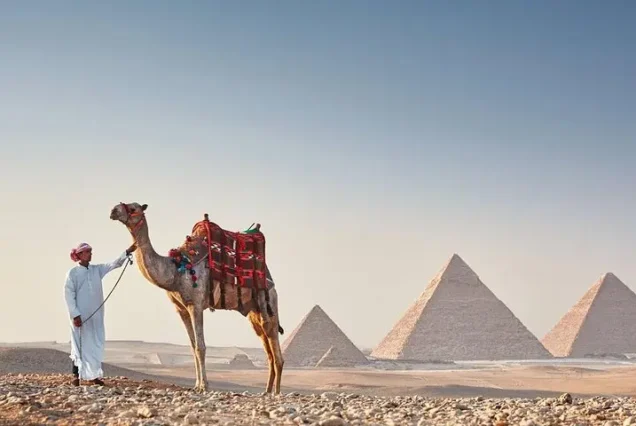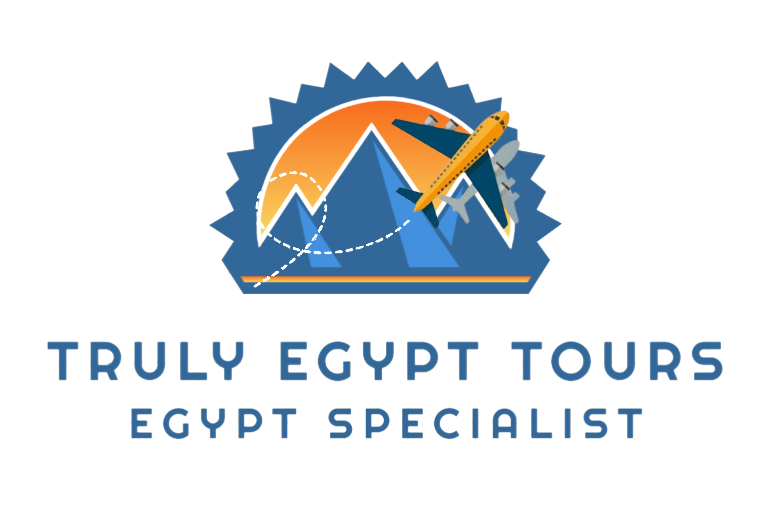Discovering Aswan: A Comprehensive Guide to Egypt’s Southern Gem
Aswan, located in southern Egypt along the banks of the Nile River, is a city that offers a unique blend of history, culture, and stunning natural beauty. Known for its picturesque landscapes, ancient monuments, and vibrant markets, Aswan is a must-visit destination for travelers seeking to explore the rich heritage of Egypt. This comprehensive guide will delve into the history of Aswan, highlight must-visit attractions, explore cultural experiences, and provide practical travel tips for an unforgettable journey.
Map
Info
A Brief History of Aswan
Aswan has been a significant city since ancient times, serving as a strategic trade and military outpost. Its location at the first cataract of the Nile made it vital for controlling trade routes between Egypt and Nubia. The city was known as “Swenet” in ancient Egyptian and was a center for the worship of the goddess Satis.
Throughout history, Aswan has witnessed the rise and fall of various civilizations, including the Pharaonic, Roman, and Islamic periods. The city is famous for its granite quarries, which provided the stone for many of Egypt’s monumental constructions, including the pyramids and temples.
Today, Aswan is known for its rich cultural heritage, diverse communities, and warm hospitality. Its blend of ancient history and modern life makes it a captivating destination for visitors from around the world.
Must-Visit Attractions in Aswan
1. Philae Temple
The Temple of Philae is one of Aswan’s most iconic landmarks. Dedicated to the goddess Isis, this temple complex is located on an island in Lake Nasser and is known for its stunning architecture and beautiful location.
– History: The temple dates back to the Ptolemaic period and features exquisite reliefs and inscriptions that depict the myths and legends associated with Isis.
– Getting There: Visitors can reach Philae Temple by taking a short boat ride from the mainland. The journey across the lake offers picturesque views of the surrounding landscape.
– Highlights: Key features of the temple include the impressive entrance gate, the hypostyle hall with intricately carved columns, and the sacred lake where rituals were performed.
2. Abu Simbel Temples
The Abu Simbel temples are two massive rock temples built by Pharaoh Ramses II in the 13th century BC. These impressive structures are located about 280 kilometers southwest of Aswan and are among the most significant archaeological sites in Egypt.
– Historical Significance: The larger temple is dedicated to Ramses II himself, while the smaller temple is dedicated to his wife, Nefertari. The temples are famous for their monumental statues and elaborate carvings.
– Relocation: In the 1960s, the temples were moved to higher ground to prevent them from being submerged by the rising waters of Lake Nasser. The relocation was a monumental engineering feat.
– Visiting: Many visitors take a day trip from Aswan to Abu Simbel, often via organized tours or private transport. The sight of the temples, especially at sunrise or sunset, is truly breathtaking.
3. Aswan High Dam
The Aswan High Dam is an engineering marvel that has transformed the landscape of Egypt. Completed in 1970, the dam was built to control the flooding of the Nile, generate hydroelectric power, and provide irrigation for agriculture.
– Visitor Center: The dam features a visitor center where tourists can learn about its construction, purpose, and impact on the region.
– Nile Views: From the dam, visitors can enjoy stunning views of Lake Nasser and the Nile River, making it a popular spot for photography.
4. Unfinished Obelisk
Located in the ancient granite quarries of Aswan, the Unfinished Obelisk is a massive stone monument that offers insight into the techniques used by ancient Egyptians in quarrying and transporting stone.
– Historical Context: The obelisk was intended to be the largest ever erected, but it was abandoned due to cracks in the stone. Visitors can see how the ancient workers carved the obelisk directly from the bedrock.
– Significance: The site provides valuable information about the methods of ancient Egyptian stone-cutting and offers a glimpse into the ambitious projects of the pharaohs.
5. Nubian Museum
The Nubian Museum is a cultural treasure trove that celebrates the rich history and heritage of the Nubian people. Opened in 1997, the museum features a vast collection of artifacts, art, and exhibits related to Nubia’s ancient past.
– Exhibits: The museum showcases items from prehistoric times to the Islamic period, including pottery, jewelry, and sculptures. The exhibits highlight the art, culture, and history of the Nubian civilization.
– Architectural Design: The museum’s design incorporates traditional Nubian elements, creating a beautiful space that reflects the region’s cultural identity.
6. Elephantine Island
Elephantine Island is situated just south of Aswan and is known for its archaeological sites, lush gardens, and traditional Nubian villages. The island is steeped in history and offers a peaceful escape from the bustling city.
– Ancient Sites: Visitors can explore the ruins of ancient temples dedicated to the god Khnum, as well as the remnants of a Nilometer used to measure the Nile’s water levels.
– Cultural Experience: The island is home to Nubian villages, where visitors can interact with locals, learn about their traditions, and enjoy traditional Nubian cuisine.
7. Kitchener’s Island
Kitchener’s Island, also known as Lord Kitchener’s Island, is a botanical garden located on an island in the Nile. The island was named after Lord Kitchener, who served as the British governor of Sudan in the early 20th century.
– Botanical Gardens: The island is home to a diverse collection of plants, including tropical and subtropical species. Visitors can stroll through the gardens, enjoying the lush greenery and beautiful flowers.
– Relaxation: Kitchener’s Island is a tranquil spot for picnics and relaxation, offering stunning views of the Nile and the surrounding landscape.
8. Aswan Souk (Market)
Aswan’s vibrant souk is a bustling marketplace where visitors can experience the local culture and shop for traditional handicrafts, spices, textiles, and souvenirs.
– Local Crafts: The souk is known for its colorful textiles, handmade jewelry, and traditional Nubian crafts. Visitors can interact with local vendors and find unique souvenirs to take home.
– Culinary Delights: The market also features stalls selling fresh produce, spices, and street food, allowing visitors to sample local flavors and experience the culinary culture of Aswan.
9. St. Simeon Monastery
The St. Simeon Monastery, located on the west bank of the Nile, is a historic Coptic Christian monastery dating back to the 7th century. It offers a glimpse into the early Christian history of Egypt.
– Architecture: The monastery features impressive stone architecture and beautiful frescoes. The ruins reflect the monastic lifestyle of early Christians in the region.
– Scenic Location: The monastery is situated on a hilltop, providing stunning views of the Nile and the surrounding desert landscape.
10. Kom Ombo Temple
Located about 50 kilometers north of Aswan, the Temple of Kom Ombo is a unique double temple dedicated to two gods: Sobek, the crocodile god, and Horus, the falcon-headed god.
– Architectural Features: The temple features a symmetrical design, with two sets of sanctuaries and courts. Visitors can admire the intricate reliefs depicting crocodile worship and medical practices of ancient Egyptians.
– Crocodile Museum: Adjacent to the temple, the Crocodile Museum showcases mummified crocodiles and artifacts related to the worship of Sobek.
Cultural Experiences in Aswan
1. Nubian Culture
Aswan is home to the Nubian people, known for their rich cultural heritage, colorful houses, and traditional music. Visitors can immerse themselves in Nubian culture through various experiences.
– Nubian Village Visits: Explore traditional Nubian villages on the west bank of the Nile. Visitors can interact with locals, learn about their customs, and enjoy traditional meals.
– Nubian Music and Dance: Attend cultural performances featuring traditional Nubian music and dance. The vibrant rhythms and lively performances provide a unique insight into Nubian culture.
2. Traditional Cuisine
Aswan’s culinary scene reflects the diversity of Egyptian cuisine, with a focus on fresh ingredients and traditional cooking methods.
– Must-Try Dishes: Sample local dishes such as ful medames (fava bean stew), koshari, and grilled fish. Don’t miss out on traditional Nubian dishes like tamia (Egyptian falafel) and roasted lamb.
– Dining Experiences: Enjoy meals at local restaurants or take part in a cooking class to learn how to prepare traditional Egyptian dishes.
3. Felucca Rides
A felucca ride on the Nile is a quintessential Aswan experience. These traditional sailboats provide a serene way to explore the river and enjoy the beautiful scenery.
– Sunset Cruises: Take a sunset cruise to witness the breathtaking colors of the sky as the sun sets over the Nile. The peacefulness of the river creates a magical atmosphere that is perfect for relaxation.
– Island Hopping: Feluccas can also be hired for island-hopping adventures, allowing visitors to explore the various islands and attractions along the Nile.
4. Traditional Handicrafts
Aswan is known for its traditional handicrafts, including pottery, weaving, and jewelry making. Visitors can explore local workshops and purchase unique handmade items.
– Pottery Workshops: Visit local pottery workshops to see artisans at work and learn about traditional techniques. Many workshops offer opportunities for visitors to try their hand at pottery making.
– Nubian Crafts: The souk in Aswan is a great place to shop for traditional Nubian crafts, including vibrant textiles, jewelry, and decorative items.
Practical Travel Tips
1. Best Time to Visit
The best time to visit Aswan is during the cooler months, from October to April. The weather is pleasant for exploring outdoor attractions, while summer temperatures can be extremely hot.
2. Getting Around
Aswan offers various transportation options for getting around the city and its attractions.
– Taxis and Car Rentals: Taxis are readily available, but it’s advisable to negotiate the fare beforehand. Car rentals are also an option for those who prefer to explore independently.
– Feluccas: Traditional feluccas can be hired for leisurely rides along the Nile, providing a unique way to see the city and its surroundings.
3. Safety Tips
Aswan is generally safe for tourists, but it’s essential to exercise caution.
– Stay Hydrated: The climate can be hot, so drink plenty of water and wear sunscreen while exploring.
– Respect Local Customs: Dress modestly, especially when visiting religious sites, and be mindful of local customs and traditions.
4. Language and Communication
Arabic is the official language of Egypt, but English is widely spoken in tourist areas. Learning a few basic Arabic phrases can enhance your interactions with locals.
5. Currency and Payment
The currency used in Egypt is the Egyptian Pound (EGP). Credit cards are accepted in many places, but it’s advisable to carry cash for small purchases and markets.
Conclusion
Aswan is a city that offers a captivating blend of history, culture, and natural beauty. From the majestic temples and monuments to the vibrant local culture and stunning landscapes, Aswan promises an unforgettable journey through Egypt’s rich heritage.
As you plan your visit, embrace the warmth of the local community, immerse yourself in the ancient history, and savor the flavors of traditional cuisine. Whether you’re exploring the temples of Philae or enjoying a felucca ride on the Nile, Aswan invites you to discover its treasures and create lasting memories.

